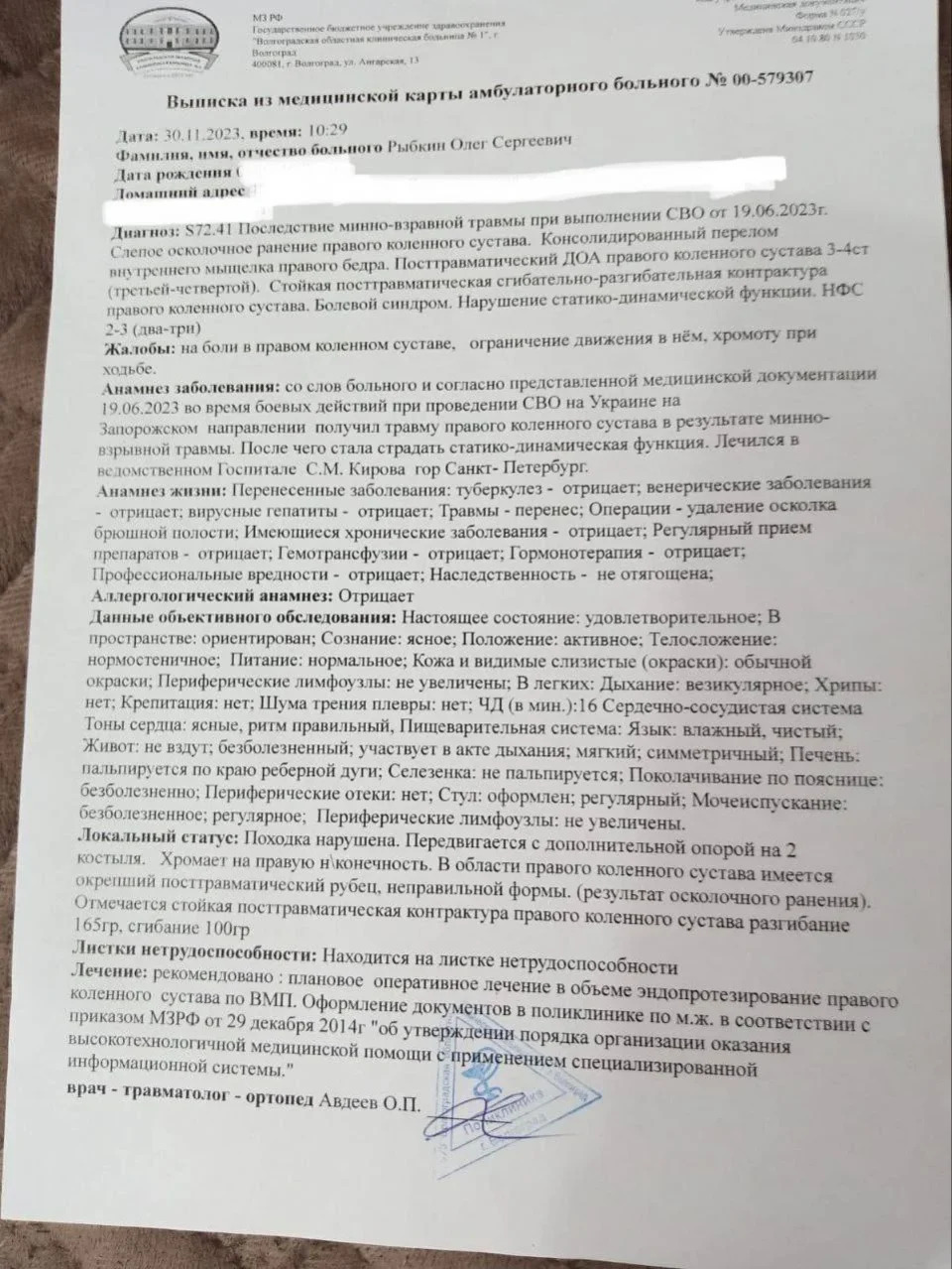AZ Central – The Arizona Republic – Opinion
Trump isn’t the real threat to democracy. Christian nationalism is
Herb Paine – December 26, 2023
Less than a year away from what is surely the most fateful presidential election in American history, warnings about the threats to democracy associated with right-wing extremism and Trumpist authoritarianism dominate media’s attention.
Meanwhile, at the local level, a related movement, Christian nationalism, constitutes an equally serious creeping threat to democracy, pluralism and diversity.
Its driving force is the National Association of Christian Lawmakers.
NACL claims to ‘bring Godly change’
NACL’s mission is to “formulate model statutes, ordinances and resolutions based upon a biblical worldview for introduction in cities, states and the Federal government.”
NACL now has a legislative presence in more than 30 states, including Arizona, participating in the drafting of model legislation “to reestablish and protect conservative values in America.”
NACL’s initiatives to Christianize the nation and merge church and state (essentially dismissing the Constitution’s Establishment Clause) are inspired by Christian dominionism.
Its principles are “a world-changing strategy” to “bring Godly change” to America by transforming seven spheres of societal influence: religion, family education, government, media, arts and entertainment, and business.
As this year closes, the evidence grows that state legislatures and local school boards are the fronts on which the movement’s anti-constitutional and anti-democratic policies are being pursued.
How legislation played out in Arizona
In Arizona, the NACL’s objectives are reflected in a pattern of state policy initiatives that extend as far back as 2018 when Senate Bill 1289, modeled after the National Motto Display Act, established “Ditat Deus” (“God enriches”) as Arizona’s state motto.
That may sound benign, but, as a result, whenever ADOT sells an In God We Trust license plate, $17 goes to the Scottsdale-based Alliance Defending Freedom, an anti-choice, anti-LGBTQ+ organization that files lawsuits to enshrine Christianity in government and jurisprudence.
In 2022, House lawmakers proposed House Bill 2507, a bill that the ACLU describes as “religious exemptions on steroids.”
It would a) “give religious organizations blanket immunity from all civil and criminal liability, as long as they claim to be exercising their faith while engaging in the unlawful conduct” and b) forbid the government from imposing fees, penalties, injunctions or damages against these entities.
This year, Rep. David Livingston, who serves as chairman of Arizona NACL, along with 34 other lawmakers, sponsored SB 1600, which would criminalize an abortion clinic, hospital or medical practitioner who fails to “take all medically appropriate and reasonable actions to preserve the life and health of the infant who is born alive,” regardless the newborn’s likelihood of survival.
They pushed book, transgender sports bans
In 2022, lawmakers passed SB 1164, last year’s variation of NACL’s model Heartbeat Bill, that bans abortions after 15 weeks of pregnancy. It makes exceptions for medical emergencies but not for rape or incest.
The constitutionality of that bill is now before the state Supreme Court. However the court decides, the movement’s efforts to intrude upon a woman’s health and family planning choices will continue.
This year’s NACL legislative agenda corresponds to Civics Alliance’s “American Birthright Movement,” which prioritizes a curriculum that exalts America’s past as a Christian nation, its exceptionalism and its achievements, without reference to the nation’s history of repression and exploitation.
When real atheists: Take on fake Christians
Accordingly, Livingston and his fellow legislators introduced measures to:
- expand school vouchers for religious schools;
- ban transgender girls and women from participating in girls’/women’s sports teams;
- ban books in schools that discuss sexuality or race;
- require schools to disclose information that could “out” LGBTQ+ students to their parents.
They have also introduced or passed legislation to undermine ethical investing strategies by corporations that address racial and gender equality and reproductive rights.
What’s next on Christian nationalist agenda
All these initiatives are a precursor of what is yet to come.
Pending actions include:
- an amendment to the U.S. Constitution to recognize America’s Christian heritage;
- the reinstatement of prayer in public schools;
- the enshrinement of a “Christian nationalist interpretation” of American history in school curricula;
- immigration restrictions; and
- stronger governmental actions to restrict “immoral behavior.”
This Christian nationalism agenda is unfolding at school boards throughout the country and in the Phoenix area.
For example, the contract renewals of two teachers in the Peoria Unified School District were challenged earlier this year:
One was on the grounds that the teacher had presented her high school science students with sexually explicit material in the form of a PowerPoint (in fact, information about reproduction in a biology class).
The second had encouraged students and staff to wear transgender colors to celebrate the International Transgender Day of Visibility.
History has revealed the ability of small but tenacious and single-minded groups to overtake the majority.
We are compelled, therefore, amid a global anti-democratic trend, to be vigilant, speak out and vote!
Herb Paine is president of Paine Consulting Services, a social and political commentator, and former congressional candidate.












